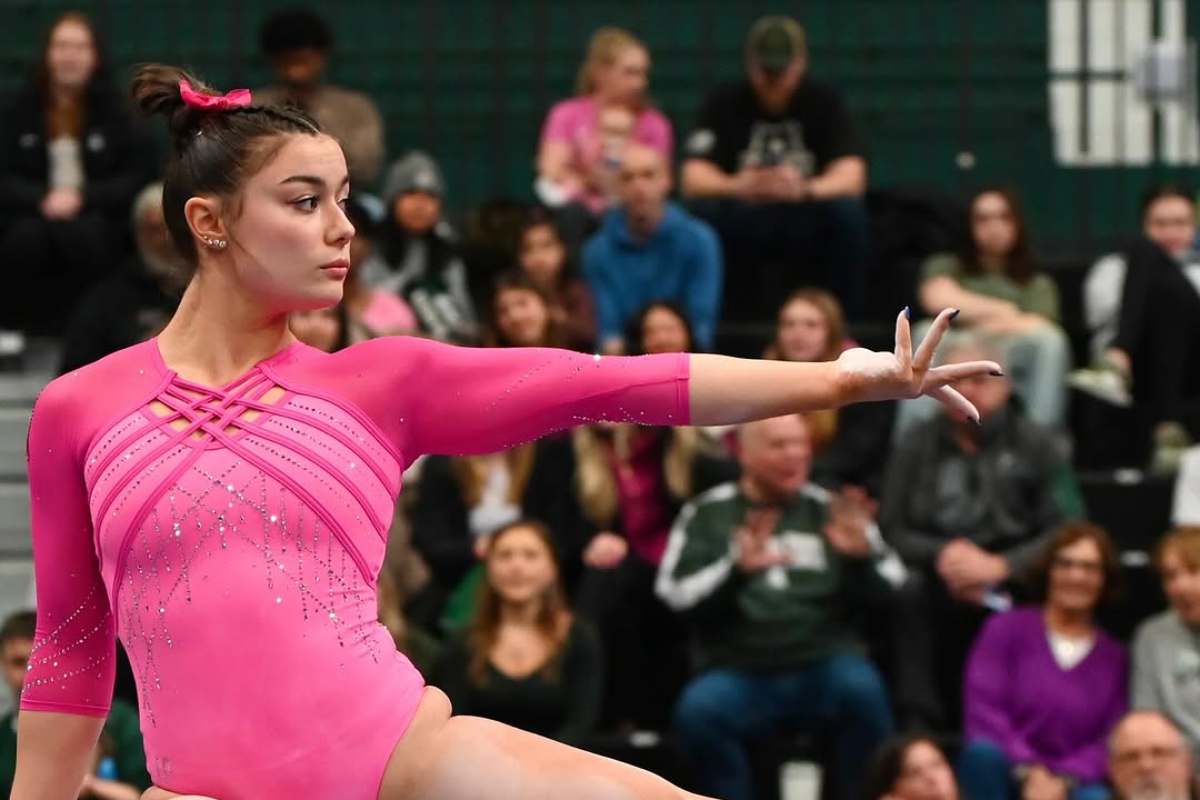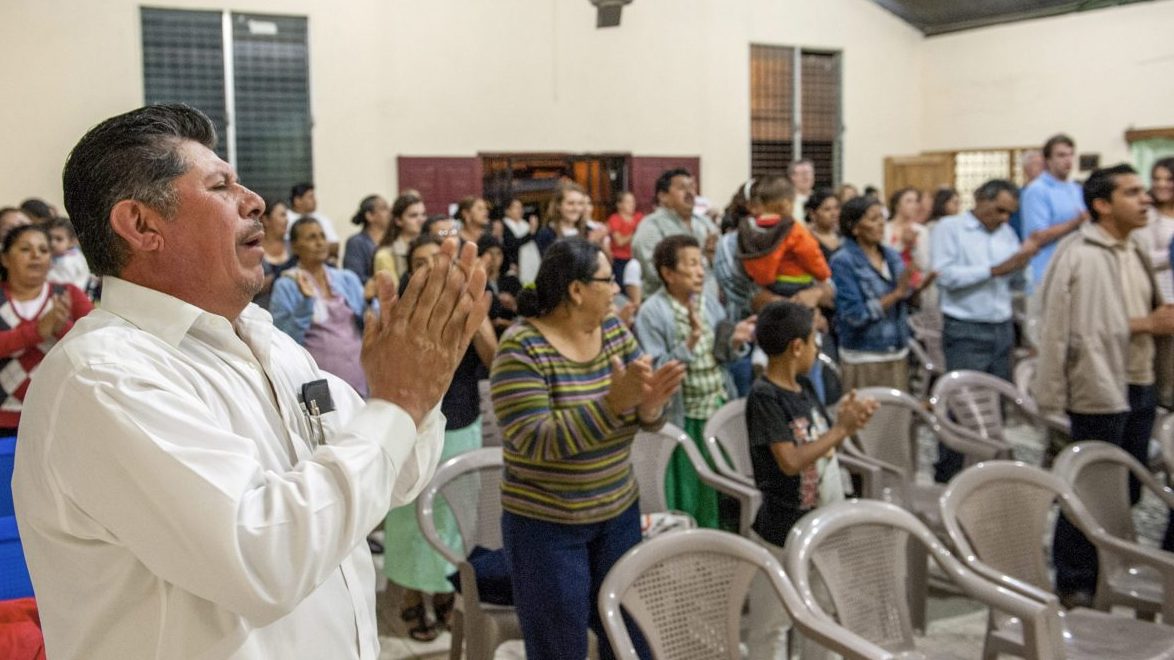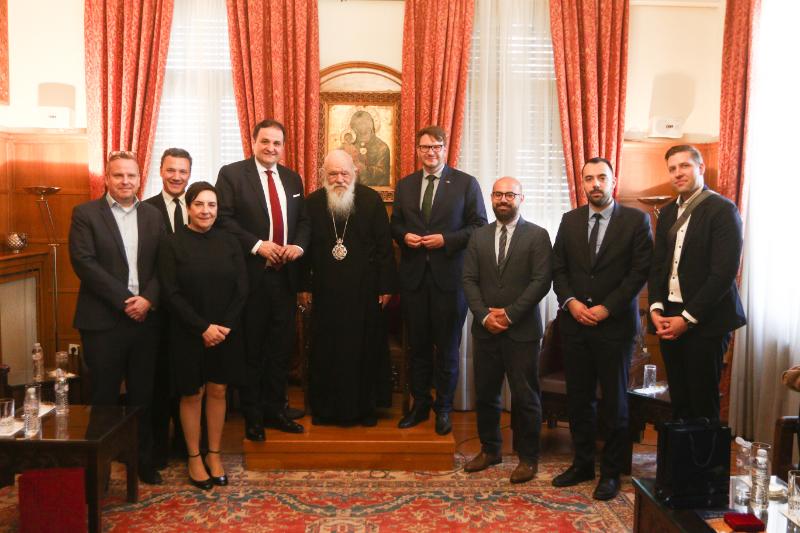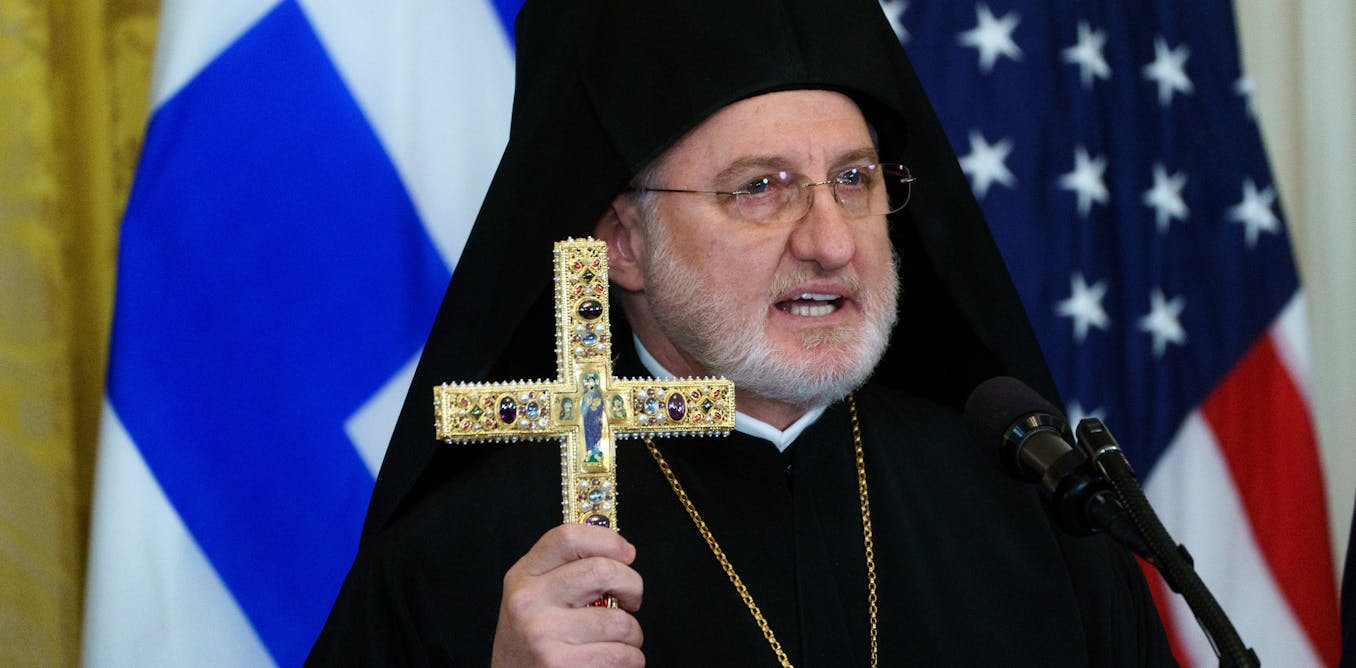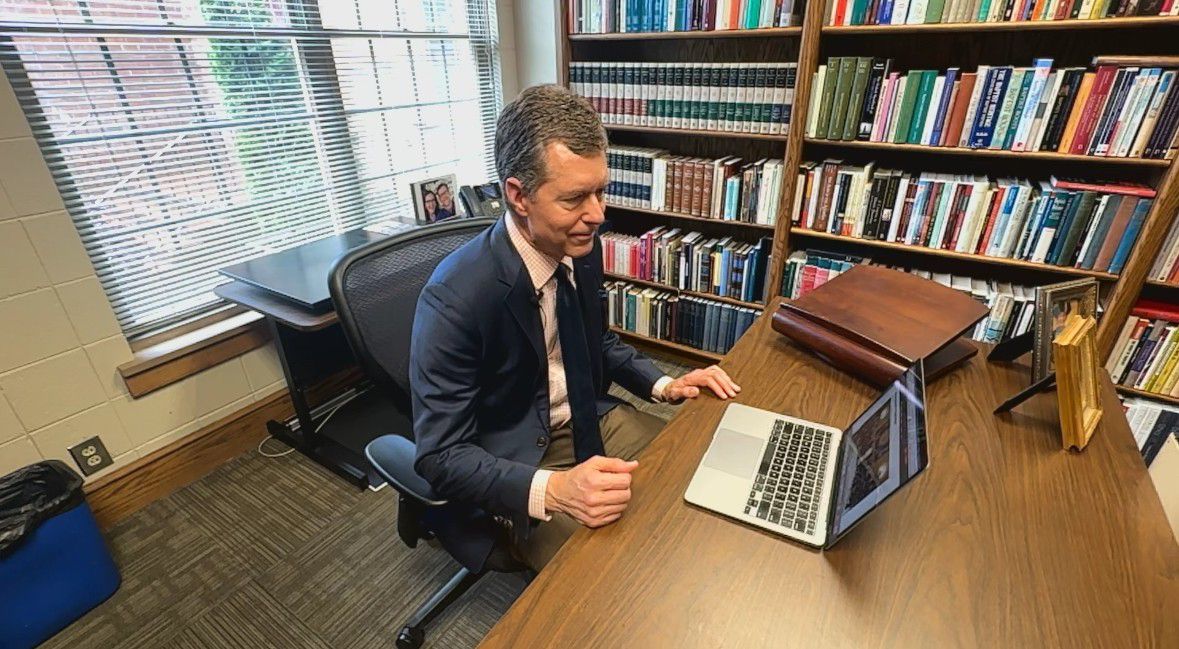Discrimination Unveiled: Maharashtra Governor Condemns Housing Bias Based on Caste and Faith
Religion
2025-04-09 04:27:15Content
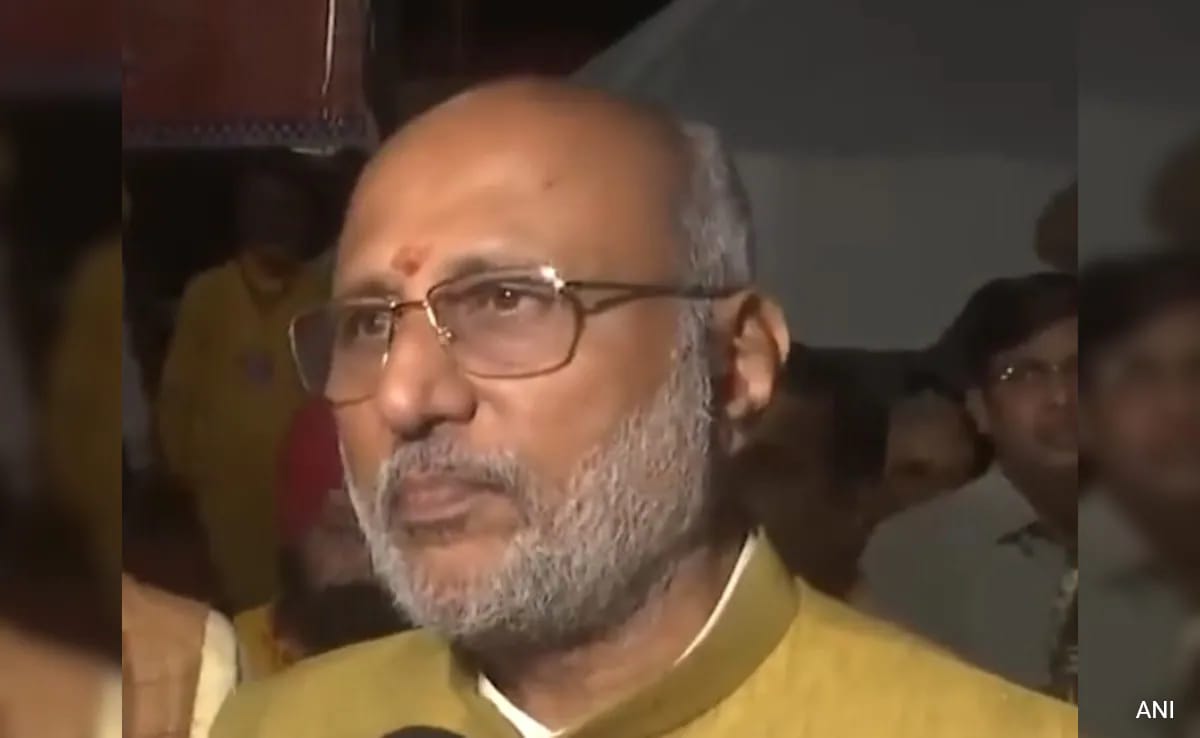
In a powerful message of cultural inclusivity, Maharashtra Governor C P Radhakrishnan emphasized the importance of promoting religious diversity and understanding among students. He urged educational institutions across the state to actively encourage the celebration of festivals from various religious traditions.
The governor highlighted that by embracing and commemorating festivals from different faiths, schools and colleges can play a crucial role in fostering mutual respect, tolerance, and harmony among young learners. Such initiatives, he believes, will help students develop a broader perspective and appreciate the rich cultural tapestry of India.
Radhakrishnan stressed that celebrating diverse religious festivals is not just about marking calendar events, but about creating meaningful opportunities for students to learn about different cultural practices, traditions, and values. This approach can help break down barriers, reduce prejudices, and build a more inclusive and understanding society.
By promoting interfaith celebrations in educational settings, the governor aims to nurture a generation that values unity in diversity and recognizes the strength that comes from respecting and understanding different religious and cultural backgrounds.
Bridging Cultural Divides: A Call for Interfaith Harmony in Educational Institutions
In an era of increasing social fragmentation, educational leaders are seeking innovative approaches to foster understanding and respect among diverse communities. The role of educational institutions in promoting cultural dialogue has never been more critical, as they serve as crucial platforms for building bridges between different religious and cultural backgrounds.Uniting Diversity: A Transformative Vision for Modern Education
The Importance of Cultural Celebration in Educational Settings
Educational institutions stand at the forefront of social integration, offering a unique opportunity to break down barriers and cultivate mutual understanding. By embracing festivals from various religious traditions, schools and colleges can create powerful learning experiences that transcend cultural boundaries. This approach goes beyond mere tolerance, actively encouraging students to appreciate the rich tapestry of human cultural expression. The significance of such initiatives cannot be overstated. When students are exposed to diverse cultural practices, they develop empathy, critical thinking, and a broader worldview. Religious festivals become windows into different belief systems, allowing young minds to explore the nuanced complexities of human spirituality and cultural identity.Implementing Inclusive Cultural Programming
Creating meaningful interfaith experiences requires careful and thoughtful planning. Educational administrators must develop comprehensive strategies that go beyond superficial celebrations. This involves developing curriculum modules that provide deep contextual understanding of different religious traditions, inviting community leaders to share insights, and creating safe spaces for dialogue and cultural exchange. Practical implementation might include organized cultural showcases, interfaith dialogue workshops, and collaborative projects that bring students from different backgrounds together. These initiatives should be designed to promote genuine understanding rather than simply checking diversity boxes.Challenges and Opportunities in Cultural Integration
While the path to cultural integration is complex, it presents extraordinary opportunities for personal and societal growth. Educational institutions face challenges such as potential misunderstandings, logistical complexities, and occasional resistance from conservative elements. However, these challenges can be transformed into powerful learning experiences that strengthen community bonds. Successful programs require ongoing commitment, sensitive communication, and a genuine desire to create meaningful connections. School leadership must demonstrate unwavering dedication to principles of inclusivity and mutual respect, setting a powerful example for students and the broader community.The Broader Impact of Cultural Celebration
Beyond immediate educational benefits, these initiatives contribute to broader social cohesion. By normalizing interfaith interactions and cultural exchanges, educational institutions play a crucial role in combating prejudice and building more resilient, understanding communities. Students who experience diverse cultural celebrations develop critical skills for navigating an increasingly interconnected global society. They learn to approach differences with curiosity and respect, becoming ambassadors of understanding in their future personal and professional lives.Technological and Innovative Approaches
Modern technology offers unprecedented opportunities to enhance cultural understanding. Virtual exchange programs, digital cultural workshops, and online platforms can extend the reach of interfaith educational initiatives beyond physical classroom boundaries. Innovative approaches might include augmented reality experiences that allow students to explore different cultural and religious traditions, interactive multimedia presentations, and collaborative online projects that connect students from diverse backgrounds.RELATED NEWS
Religion
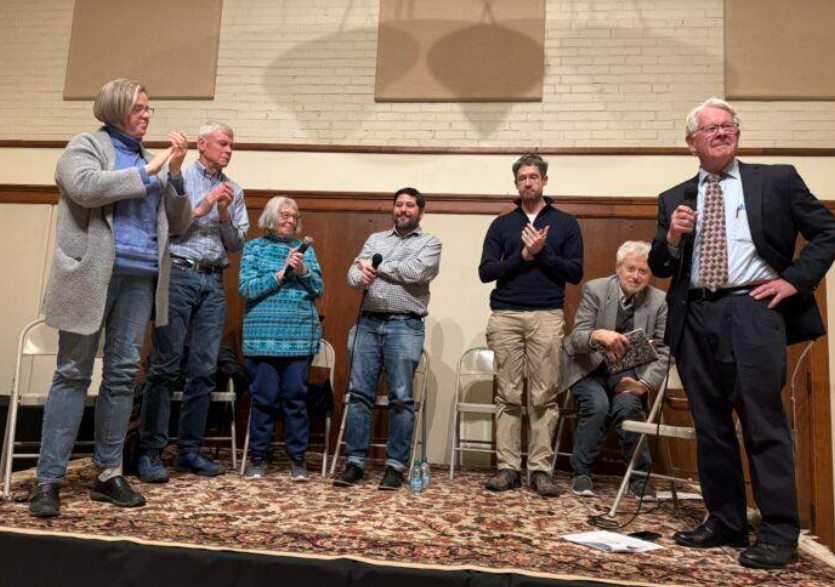
Faith, Fear, and Community: Moscow Confronts Religious Extremism Head-On
2025-05-05 10:08:50
Religion

From Demons to Discourse: How 'Heretic' Blends Pop Culture and Religious Symbolism
2025-02-24 21:28:13
